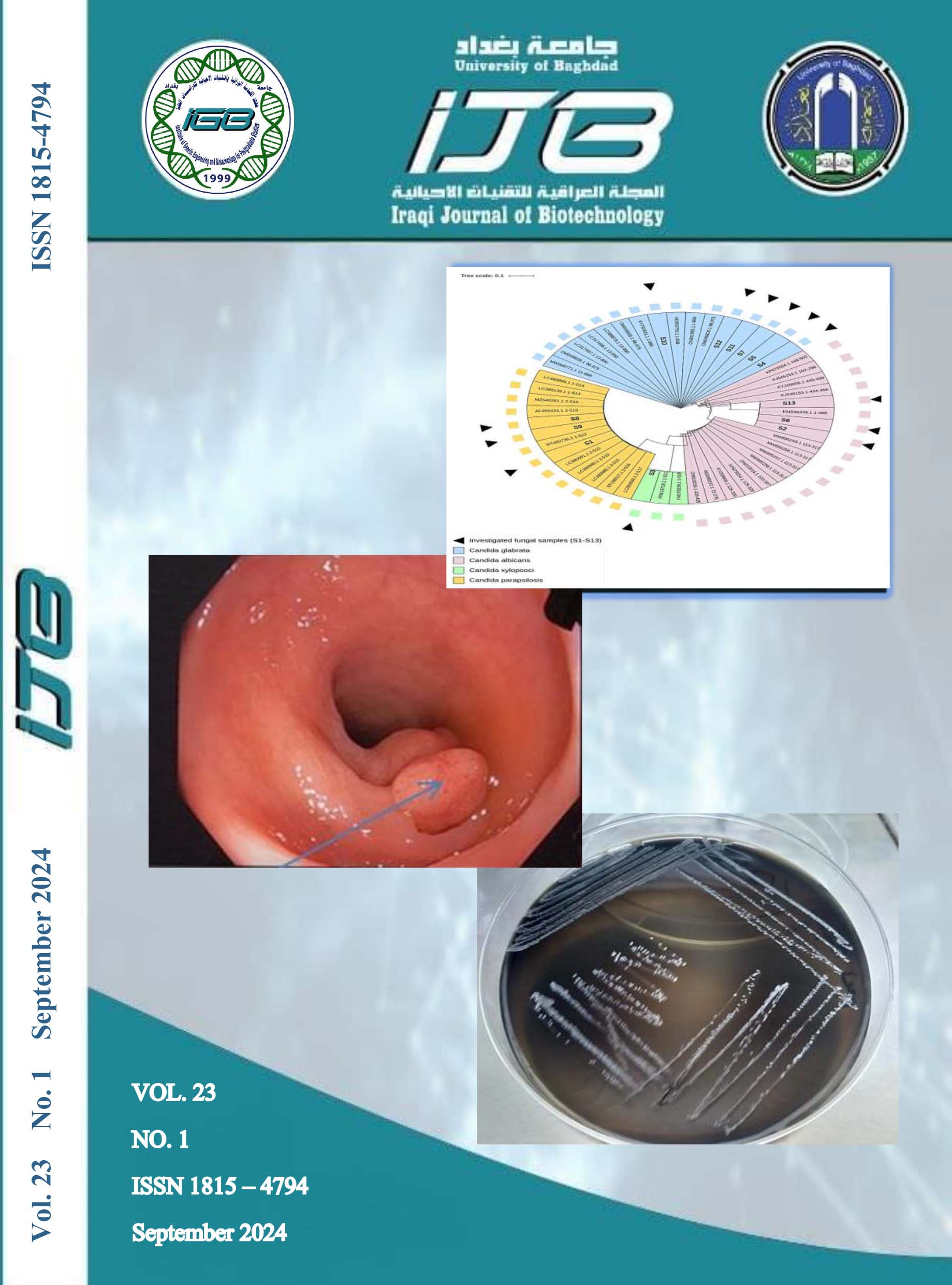Study Neurotoxicity Effect of Acrylamide and Amelio-rating Effect of Curcumin on Adult Male Rats
Abstract
Acrylamide (ACR) is also present in tobacco smoke and foods heavy in carbohydrates hat have cooked at high temperatures. It was thought that ACR exposure exclusively occurred at work and was partially brought on by cigarette smoking, water, and cosmetics. The study was aimed to study the harmful and neurotoxic effect of the acrylamide exposure and the ameliorating effects of curcumin in neurotoxicity that induced by acrylamide. Thirty adult male rats were subjected in this study, animal were divided into three groups, ten rats per group, group control were intubated distilled water for 40 days, group ACR (Acrylamide), rat in this group were administered acrylamide 5mg/kg B.W. for 40 days and group ACR+CUR (Acrylamide+ curcumin), animals had acrylamide 5mg/kg B.W. and curcumin 100mg/kg B.W. for 40 days. The results showed a significant decrease in the dopamine in the brain and increase AchE in serum, moreover, acrylamide affected spatial memory and locomotor activity behavioral testing, however curcumin restored these parameters close to control values. Histopathological examination of brain sections of ACR rats revealed proliferation of microglial cells with Alzheimer type II astrocyte, whereas, section from ACR+CUR, animals showed mild congested blood vessels in the pia mater. In conclusion Acrylamide induced alteration in neurotransmitters, neurobehaviors and structure of brain and this can be protected by curcumin.


